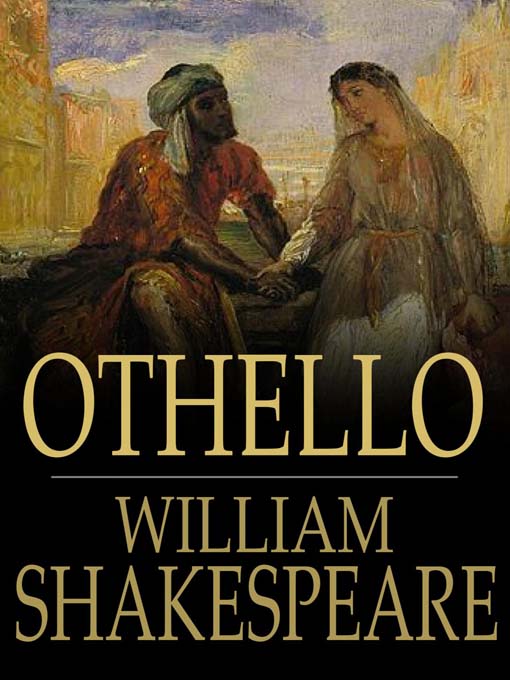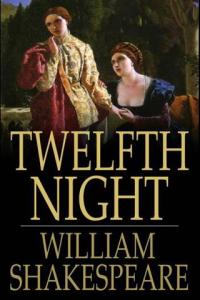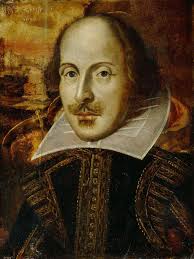William Shakespeare was an English poet, playwright and actor. He wrote a total of nine tragic plays, out of which Hamlet is the longest one. The play is divided into five acts and is set in Denmark. It dramatizes the revenge of the central character Prince Hamlet. His uncle, Claudius, had murdered his own brother and seized the throne by remarrying his deceased brother’s widow Gertrude.
The story begins when one day Hamlet’s friend Horatio encounters a ghost of the late King Hamlet. The ghost reveals to Hamlet that it was Claudius who murdered him in order to usurp the throne. The ghost then asks Hamlet to take the revenge on his behalf. Therefore, Hamlet takes on the ‘antic disposition’ to find out whether Claudius killed his father or not. However, he gets too involved in faking his madness that he hurts Ophelia’s feelings, Polonius’ daughter and the love of his life. And Ophelia, hurt by his remarks, commits suicide by drowning herself. Further, he blames and insults his mother for his condition. Later, Hamlet, accidently, kills Polonius instead of Claudius which makes Polonius’ son, Laertes ectremely furious. Laertes then, conspires with Claudius to kill Hamlet through the poisoned wine and sword. However, the poisoned wine gets consumed by Gertrude and she dies. Later, all the three – Claudius, Laertes & Hamlet die in the act of killing each other. But before dying, Hamlet names Fortinbras, the Norwegian prince, his successor and the play ends.
Hamlet, is scene as a hero who struggled a lot with his psychological conflicts. The play also contains a psychoanalytic angle of ‘Oedipal Complex’, a famous theory stated by psychoanalytic critic Sigmund Freud. The “Oedipal Complex” has been projected through the relationship that Hamlet shares with his mother. It highlights his repressed thoughts about her. He adores her in sexual terms but is also furious at her. Hamlet begs his mother not to sleep with Claudius but she refuses. This is similar to D.H.Lawrence’s ’Sons and Lovers’ where the mother refuses his son’s request of not to sleep with the father. Moreover, Hamlet calls her mother almost a ‘whore’ as she remarried without completing proper mourning of his dead husband. This incident is similar to Joseph Conrad’s ‘Heart of Darkness’ where the American mistress, after mourning the death of his lover Kurtz, goes away with another person.
The play also adopts nuances from Christian ideology as Hamlet talks about the impermanence of life and karma. Hamlet’s decision of not killing Claudius in the praying form depicts his knowledge about sins. Also, he remains in a confused state of “To be or not to be”, throughout the play. But, ultimately, Hamlet kills Claudius in the end and becomes a sinner himself.




